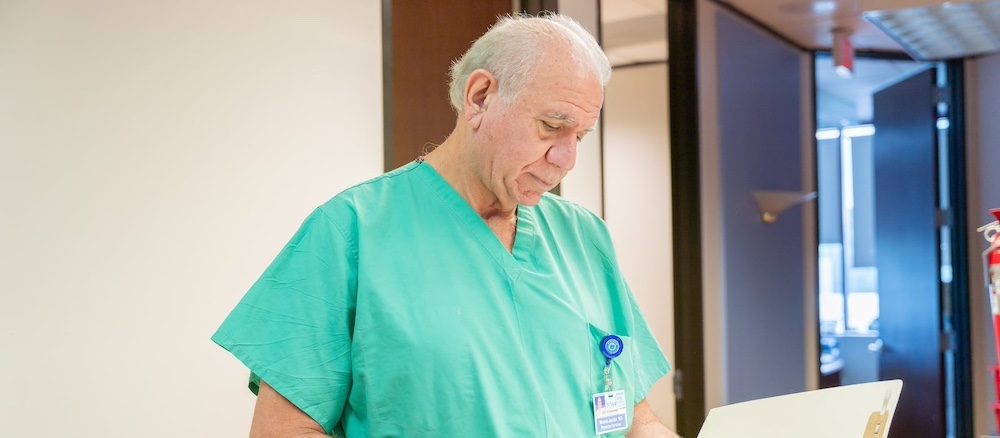Preparing for Bariatric Surgery
Most patients don’t realize that the process of evaluating and preparing a patient for bariatric surgery is just as important as both the surgery itself and post-surgical life. A patient will contact our office as a result of their obesity and the likelihood is that traditional diet and exercise have not worked in the past. While obesity and its related diseases may preliminarily qualify a patient to undergo a bariatric procedure, it is not the only consideration before approving them to undergo major surgery.

Physical testing before bariatric surgery is one of the most important parts of developing a patient’s risk profile. This helps us determine if the bariatric procedure will be effective and most importantly, safe. Understanding a patient’s general health or lack thereof as well as their lung, kidney, and heart function will allow us to learn more about the surgical risk that the patient faces. We then measure that against the short and long-term benefits of bariatric surgery and the gastric sleeve. Of course, if the risk of surgery outweighs the benefits, the procedure is not right for them.
Patients will also have to be in the right frame of mind for long-term lifestyle changes before surgery. Patients will meet with our bariatric team to make sure they understand their responsibilities after surgery, which will include significant dietary and exercise changes. Exceptional weight loss may seem like a given after surgery; however, the patient will go through many emotional, hormonal, and life changes as they lose weight. They must be prepared to commit to those long-term changes for the betterment of their health and their lives in general.
Patients will have to stop smoking at least 6 to 8 weeks before surgery and preferably longer. Smoking constricts blood vessels, which in turn slow circulation and can cause a host of complications both during and after surgery.
Finally, patients should try to lose some weight before the surgery. Losing even a little bit of weight can improve a patient’s health enough that it could avoid some of the common complications associated with an obese person’s poor general health. While it may seem counterintuitive to lose weight before a weight loss procedure, it will jumpstart the patient’s lifestyle change and make the transition to post-surgery life easier.
Ultimately, knowledge is power. The knowledge a patient gains by attending a weight loss surgery seminar and/or multiple consultations with their surgeon and/or through the Internet is important. So, too, is the knowledge our office gleans from preoperative testing. The process makes the entire bariatric surgery process more effective and safer. While the pre-surgical testing routine may seem like a nuisance, it represents our office’s dedication to the safety and long-term effectiveness of the procedure.



